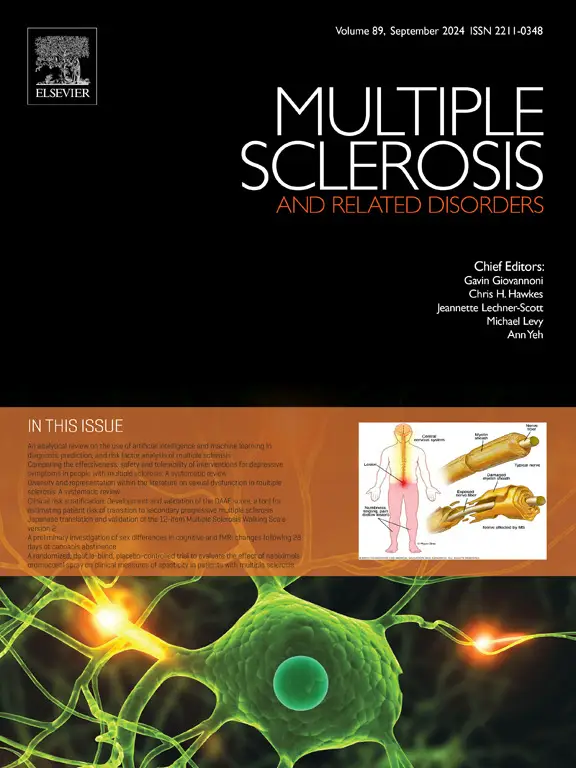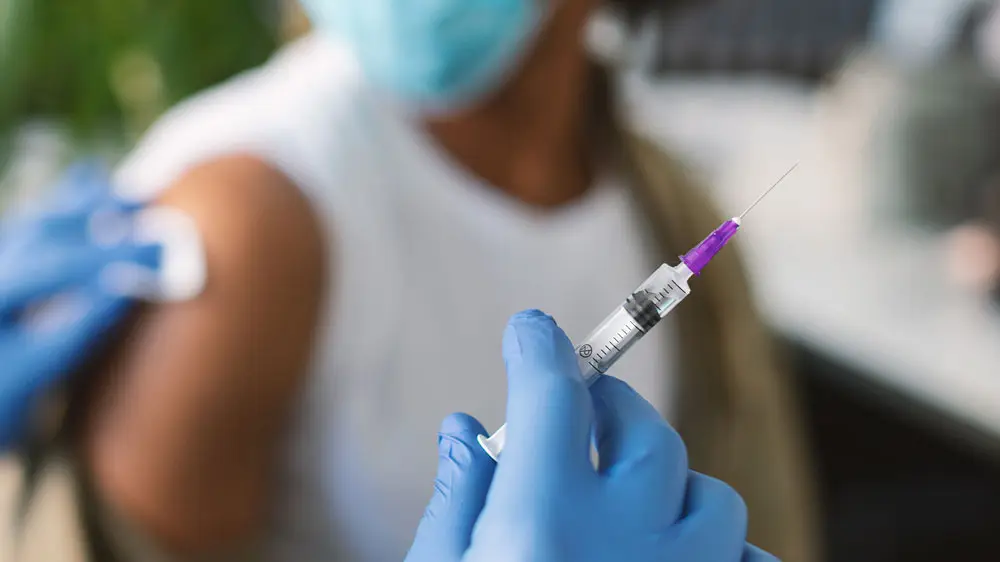In a recent study published in the journal Multiple Sclerosis and Related Disorders researchers examined the risk of relapse in patients with multiple sclerosis (MS) and neuromyelitis optica (NMOSD) after vaccination against COVID-19 and after undergoing COVID-19. The study looked at data from the Czech national ReMuS registry and showed a slight increase in relapse rates after vaccination as well as after COVID-19 infection. The results highlight the need to consider the risks of vaccination in the context of the overall risks associated with COVID-19.

Stastna, D., Menkyova, I., Drahota, J., Hrnciarova, T., Kubala Havrdova, E., Vachova, M., Andelova, M., Kleinova, P., Kovarova, I., Krasulova, E., Preiningerova, J. L., Novakova, I., Novotna, K., Novotna, M., Nytrova, P., Pavlickova, J., Srpova, B., Storey, K., Ticha, V., Tyblova, M., Uher, T., Vodehnalova, K., Horakova, D. (2022). To be or not to be vaccinated: The risk of MS or NMOSD relapse after COVID-19 vaccination and infection. And Multiple Sclerosis and Related Disorders (Vol. 65, p. 104014). Elsevier BV. https://doi.org/10.1016/j.msard.2022.104014 PMID: 35803085
Abstract
Background: COVID-19 vaccination and infection are speculated to increase the activity of immune-mediated diseases, including multiple sclerosis (MS) and neuromyelitis optica spectrum disorder (NMOSD). The aim of this study was to evaluate a short-term risk of relapse after COVID-19 vaccination and COVID-19 infection in patients with these demyelinating disorders of the central nervous system and to determine disease exacerbation risk factors.
Methods: Data in this retrospective, observational cohort study was collected via the Czech nationwide registry ReMuS from March 1, 2020, to October 30, 2021. We compared the proportion of patients with at least one clinical relapse in the 90 days following vaccination or infection to the 90-day intervals during the year before. For the evaluation of the risk factors of relapse, a comparison between groups with and without relapses after COVID-19 vaccination or infection was made.
Results: We identified 1661 vaccinated (90.11% BNT162b2) patients with MS without a history of COVID-19 and 495 unvaccinated patients with MS who experienced COVID-19. A mild increase in the proportion of patients with at least one clinical relapse (-360 to -270 days: 4.46%; -270 to -180: 4.27%; -180 to -90: 3.85%; -90 to 0: 3.79% vs. 0 to +90 days: 5.30%) after vaccination in patients with MS was observed, as well as a rise in the proportion of patients with at least one clinical relapse after COVID-19. Lower age was associated with MS relapse after vaccination or infection. Although there were only 17 vaccinated and eight post-COVID-19 patients with NMOSD, the results were broadly consistent with those of patients with MS.
Conclusion: There is a mild increase in the relapse incidence after the COVID-19 vaccination. The risks, however, need to be balanced against the risks of COVID-19 itself, also leading to the rise in relapse rate and particularly to morbidity and mortality.
Entire paper is available in English on the website of the Multiple Sclerosis and Related Disorders.

